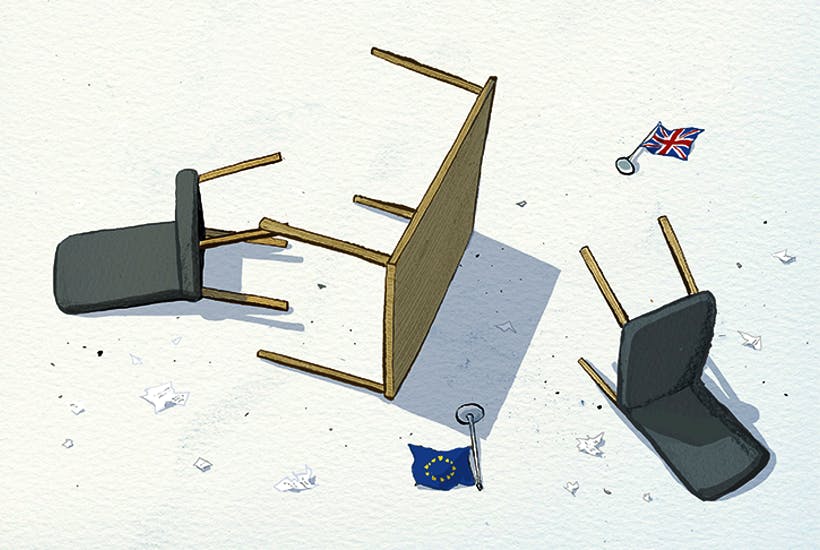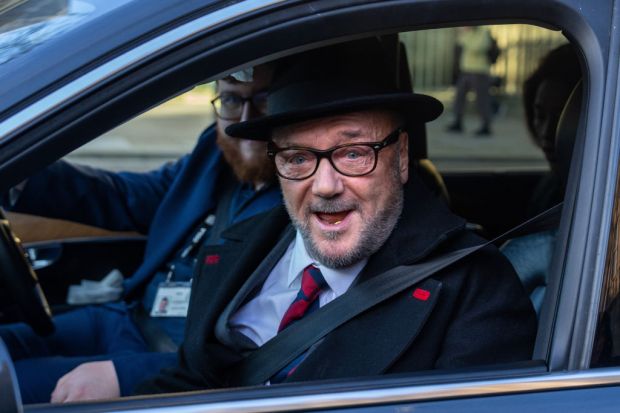There is a recurring and important phrase in the 36-page document published this morning setting out “the UK’s approach to negotiations with the European Union”.
It is: “these provisions should not be subject to the Agreement’s dispute resolution mechanism outlined in Chapter 32”.
What this represents is an unambiguous and seemingly non-negotiable rejection by Boris Johnson’s Government of a demand from the EU that any free-trade deal with the UK should include what it calls “level playing field” provisions.
The EU says that for the UK to have a free trade deal with the EU involving zero tariffs and zero limits on how much can be traded between the UK and EU, there must be legally enforceable restrictions on the UK’s freedom to diverge from the EU on workers’ rights, taxation, subsidies to business and environmental protections.
Boris Johnson’s riposte is that there should be a right to consult each other on any of these issues that “might be considered to harm the interests of the parties”.
But, and to repeat, that consultation commitment “should not be subject to the Agreement’s dispute resolution mechanism”.
In other words, Johnson is saying he will not sacrifice any of the UK’s rights to self-determine on tax, subsidies, workers rights and so on as the acceptable price of a free trade deal.
For him, any trade deal that would involve the UK being bossed around by a supranational disputes resolution body on tax, workers rights etc would negate the whole point of Brexit.
You may or may not think he is right about this, but he is clear about it (and by the way, what this shows is that Steve Baker was right earlier this week when he said he was resigning as chairman of the ultra-eurosceptic European Research Group because he and the ERG had won the argument).
This leaves the EU with a simple and immediate decision: is it worth sticking to the agreed timetable of negotiating on this basis and taking stock at the end of June; or would it be far better to move immediately to talks on what Boris Johnson describes as his fallback position, of trading with the EU on the same basis as Australia, an arrangement where the rules of the World Trade Organisation largely apply and there are plentiful tariffs on trade flows?
There is an argument that what Boris Johnson has done today is give business a ten-month warning to prepare for the equivalent of a no-deal Brexit on 1 January 2021. What with coronavirus too, the Government and businesses ignore at their peril a colossal amount of complicated and costly contingency planning.
Robert Peston is ITV’s political editor. This article originally appeared on his ITV news blog.
Now listen to analysis from James Forsyth and Katy Balls on the Coffee House Shots podcast.
Got something to add? Join the discussion and comment below.
Get 10 issues for just $10
Subscribe to The Spectator Australia today for the next 10 magazine issues, plus full online access, for just $10.





















Comments
Don't miss out
Join the conversation with other Spectator Australia readers. Subscribe to leave a comment.
SUBSCRIBEAlready a subscriber? Log in